The Section of Community Behavioral Health was established in 2017 by RUSH University Medical Center to increase access to mental and behavioral health care and provide training in evidence-based practices to underserved communities. Through the West Side Behavioral Health Initiative, RUSH collaborates with local health care institutions, churches, community groups, businesses and foundations to develop new strategies to address community-based mental health and wellness on the West Side.
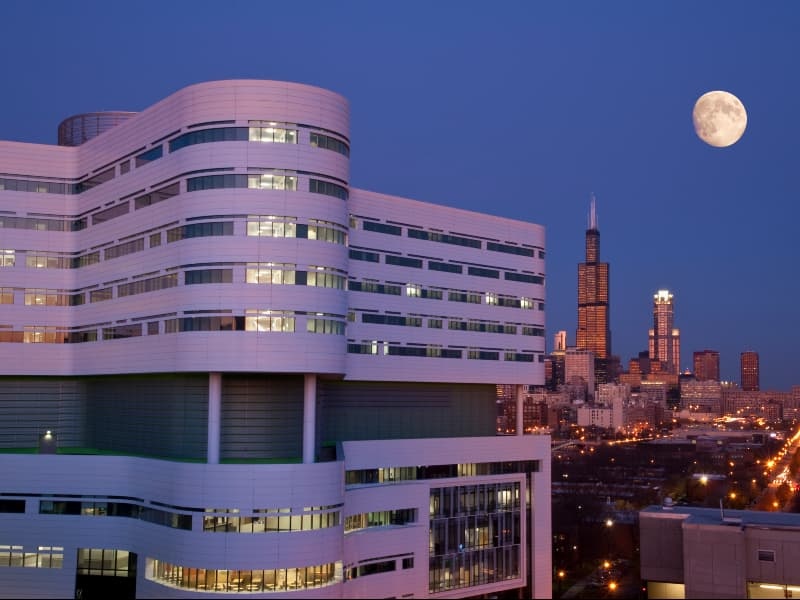
Community Behavioral Health provides mental and behavioral health care in collaboration with community health care and social service organizations.
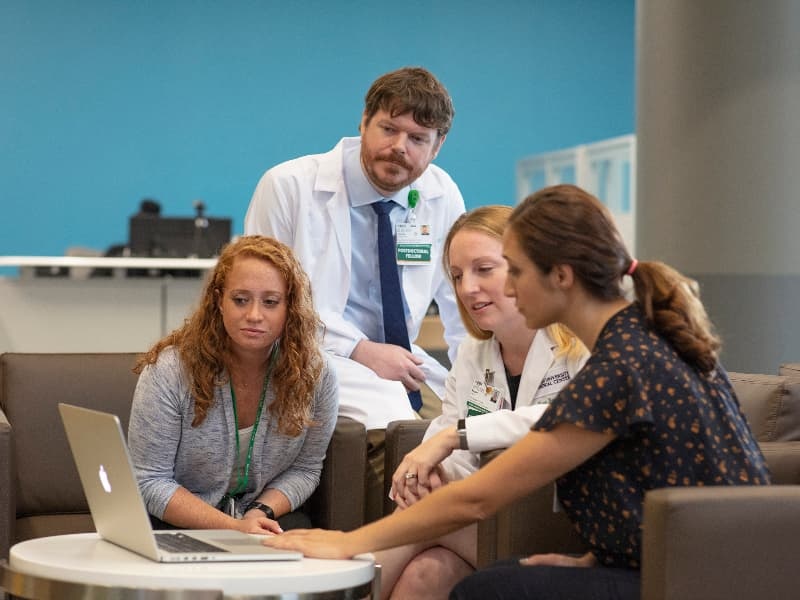
The faculty and staff of Community Behavioral Health are drawn from psychiatry, medicine, social work, nursing and psychology.
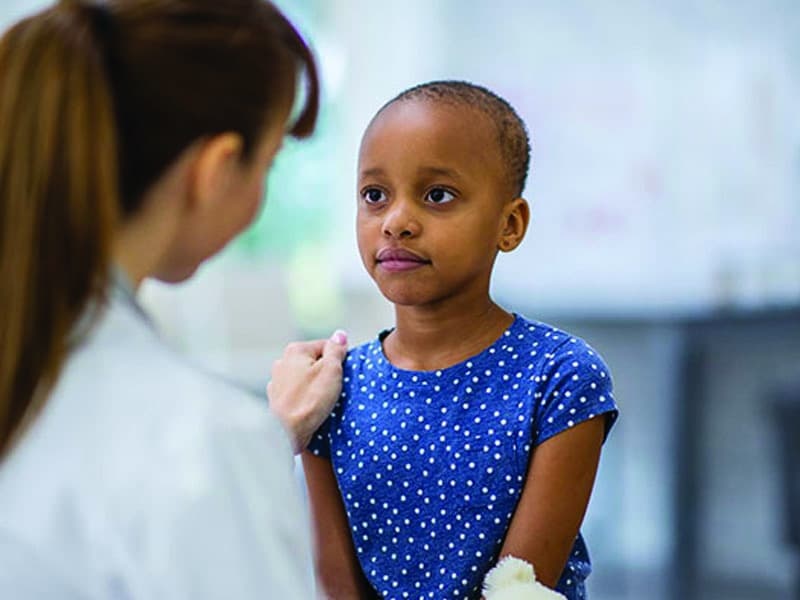
Community Behavioral Health has active training grants from the federal Substance Abuse and Mental Health Services Association, ChicagoTM, ACCELERAT Program at Northwestern University and more.
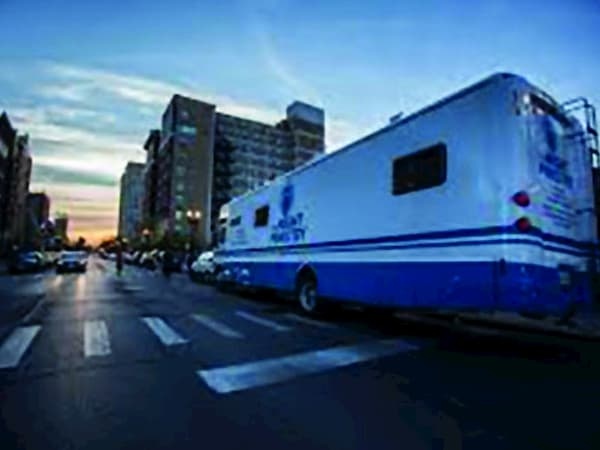
Faculty and staff partner with clinics across the Rush Health system and have also established collaborations with the Medical Home Network, The Night Ministry, several school-based health clinics and other community initiatives.

The Great Lakes Node consists of eight institutions, seven academic partners and five CTSA sites and provides the infrastructure needed to coordinate rigorous, multi-site clinical trials throughout the Midwest.
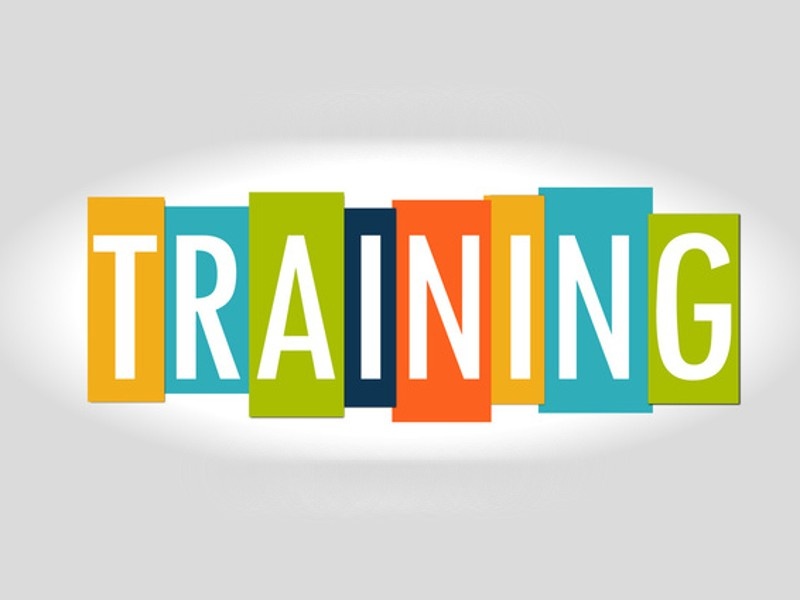
Community Behavioral Health provides professional training and education programs for trauma recovery, with a special interest in promoting healing of communities that have been systemically marginalized.
Creating a New Model of Mental Health Care
Community Behavioral Health encompasses both the care of the individual person who has complex health needs but limited resources and the broader challenges of communities with underserved populations who receive mental health care primarily in the public sector.
The goal of Community Behavioral Health is to provide increased mental and behavioral health services by reducing the systemic inequities caused by social, economic and environmental determinates to health and the delivery of health care services.
Community Behavioral Health practitioners work closely with other health care institutions, government agencies, businesses and community-based organizations including school-based health centers, faith-based charities and advocacy groups to develop systems of care that optimize public and private mental health care.
Building a healthier community requires increased access to screening, risk prevention education, evidence-based intervention and referrals to clinical services for high-risk populations. Community Behavioral Health practitioners therefore focus on the managerial skills most effective in navigating public mental health services and the collaborative skills that the psychiatrist must possess to make those services work well.
To impact mental health in the neighborhoods, Community Behavioral Health takes a multi-faceted approach that includes building resilience, supporting community partners through education and training in evidence-based treatment, providing clinical services and participating in clinical research.
Section Contact
Deanna Doss
1645 West Jackson Blvd., Suite 302
Chicago, IL 60612
(312) 563-2113
Deanna_P_Doss@rush.edu

